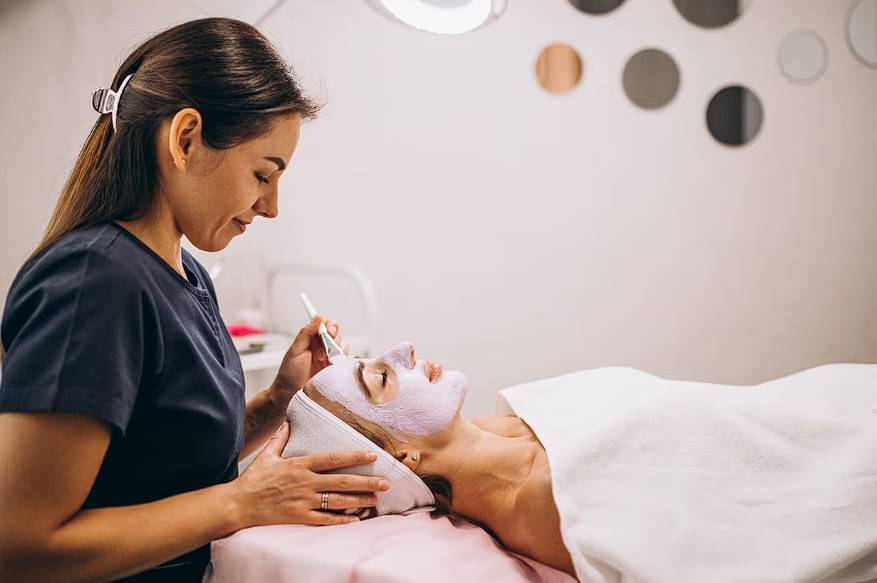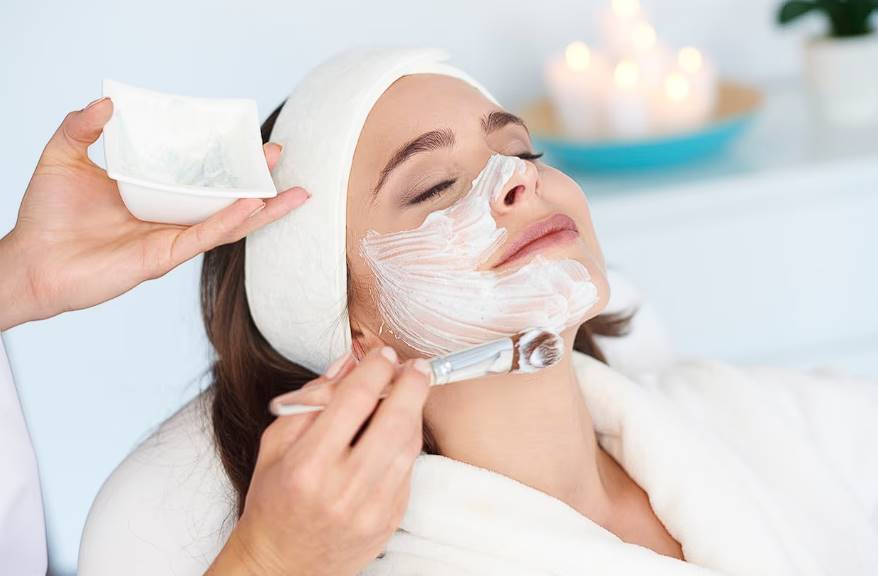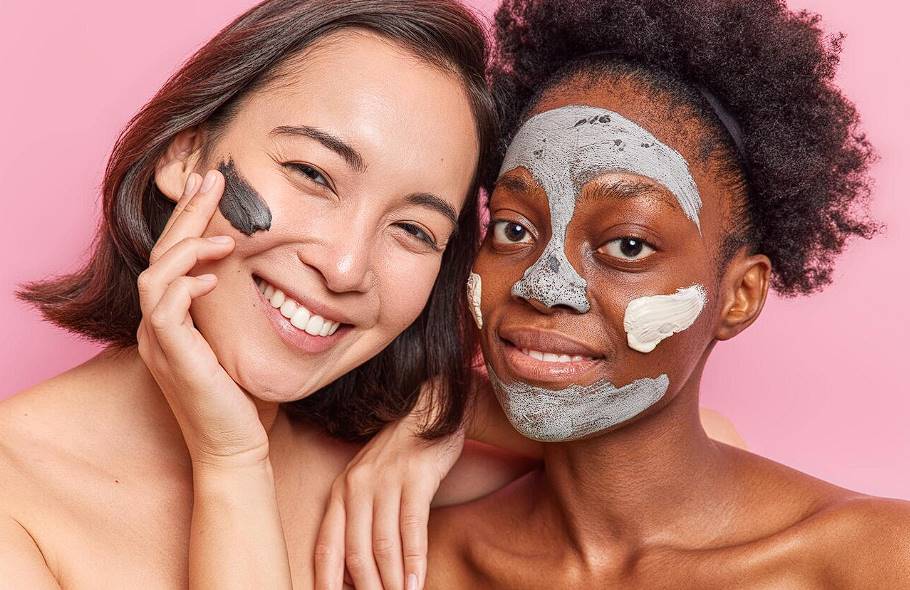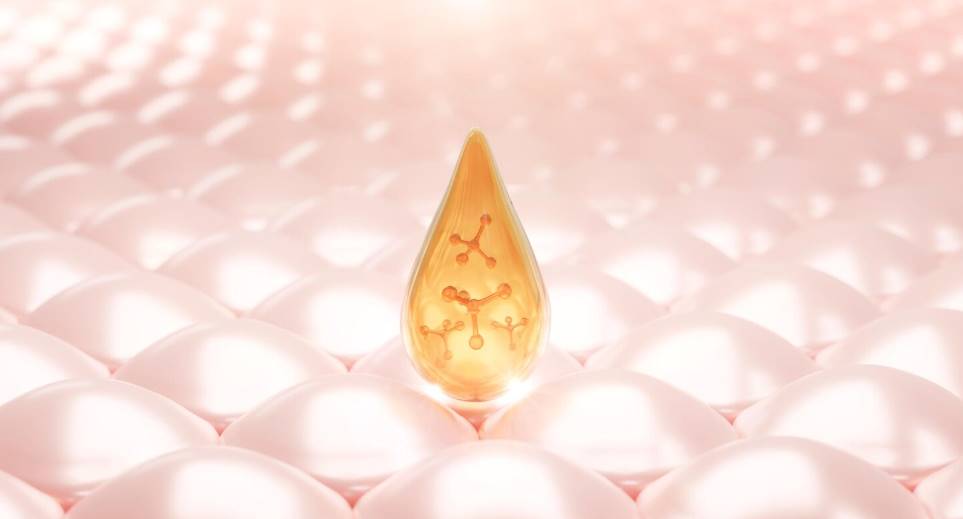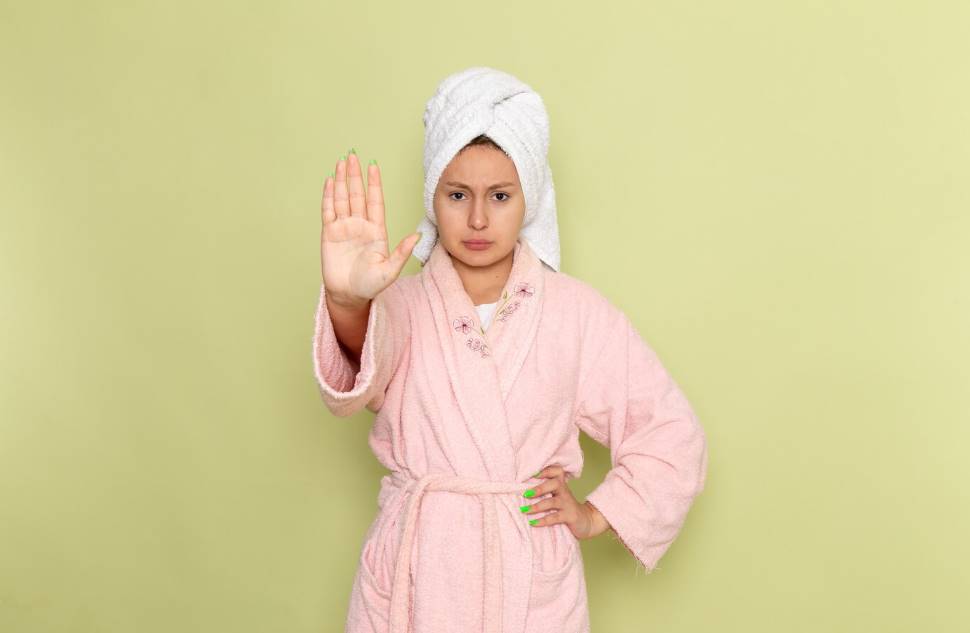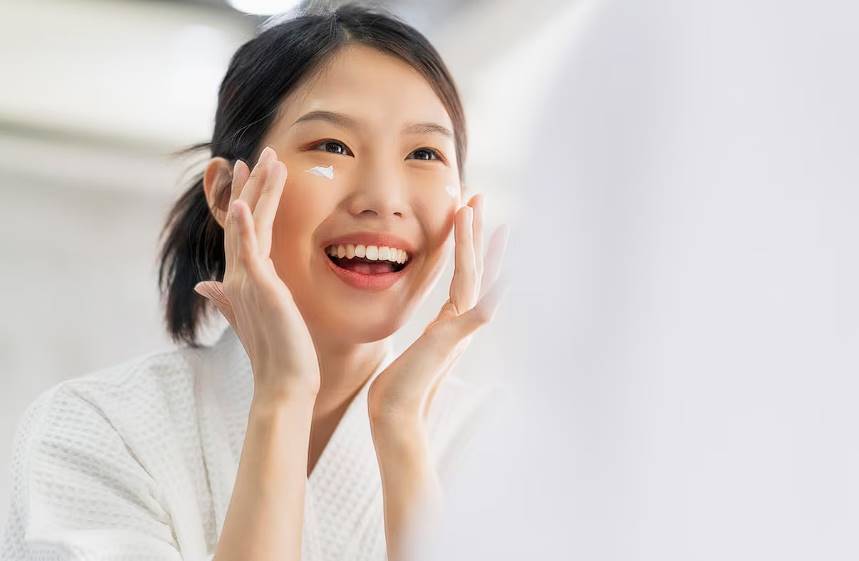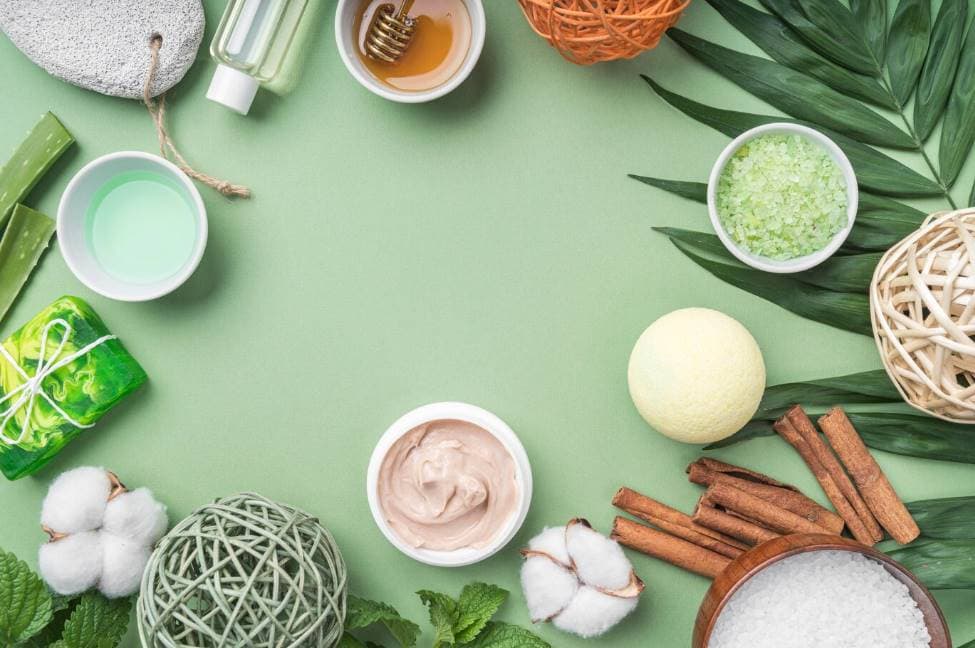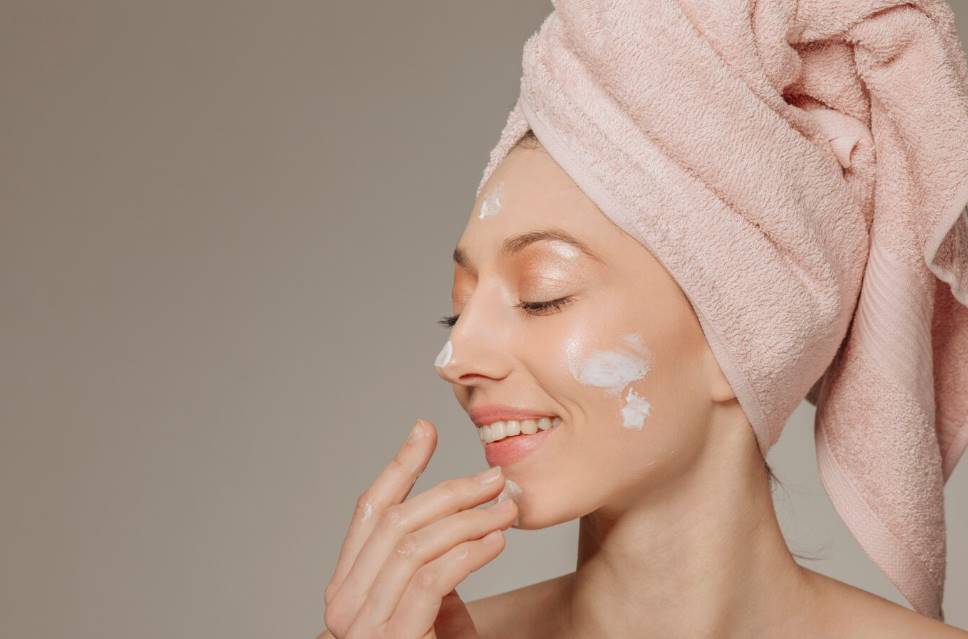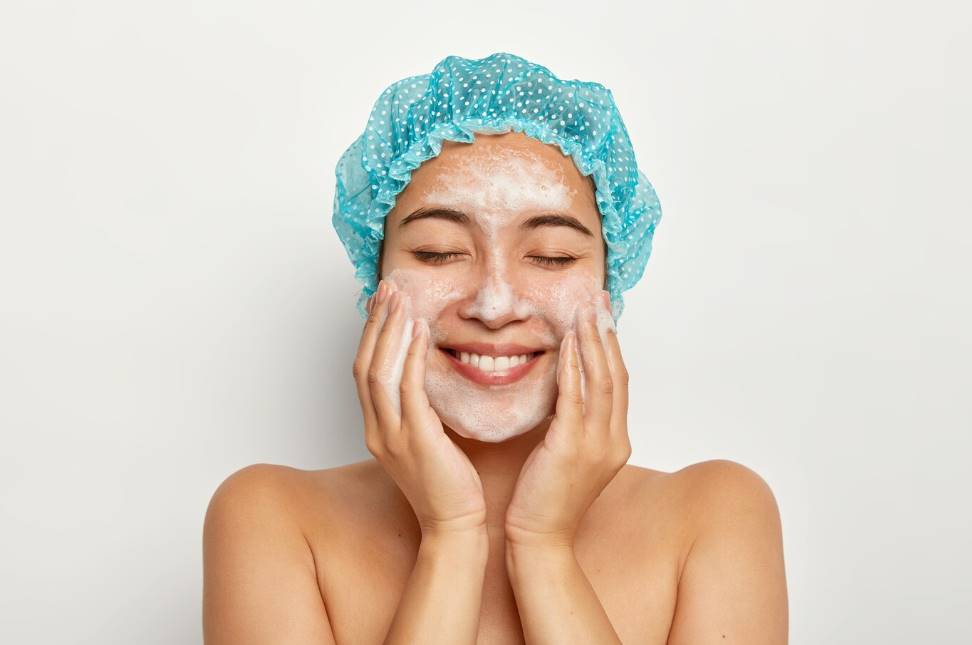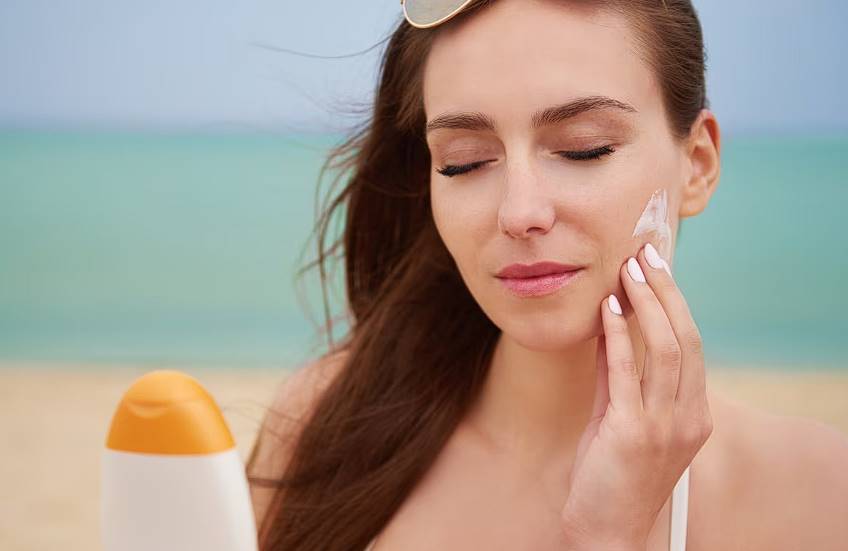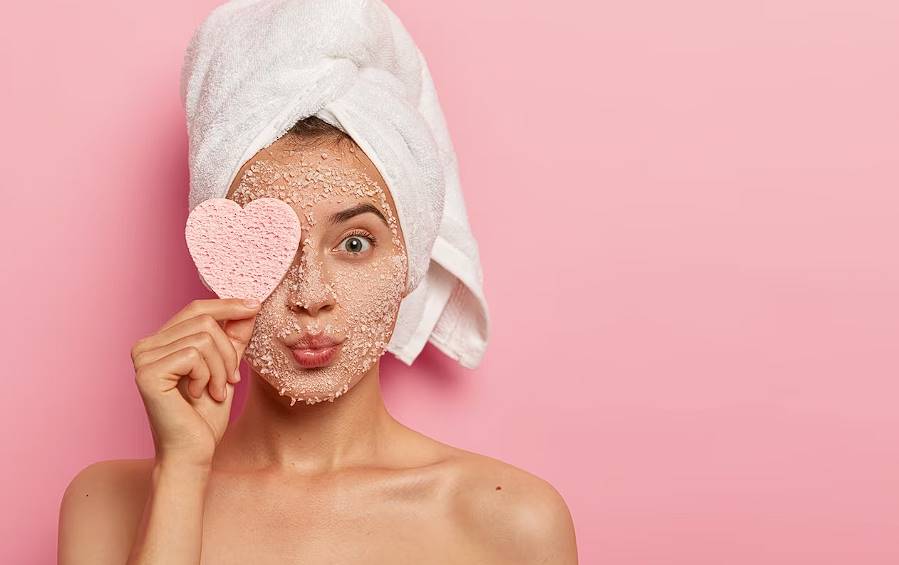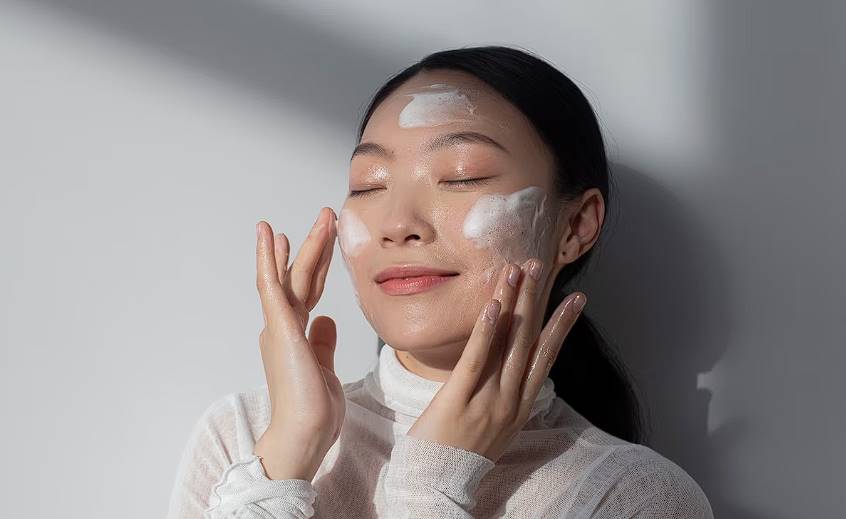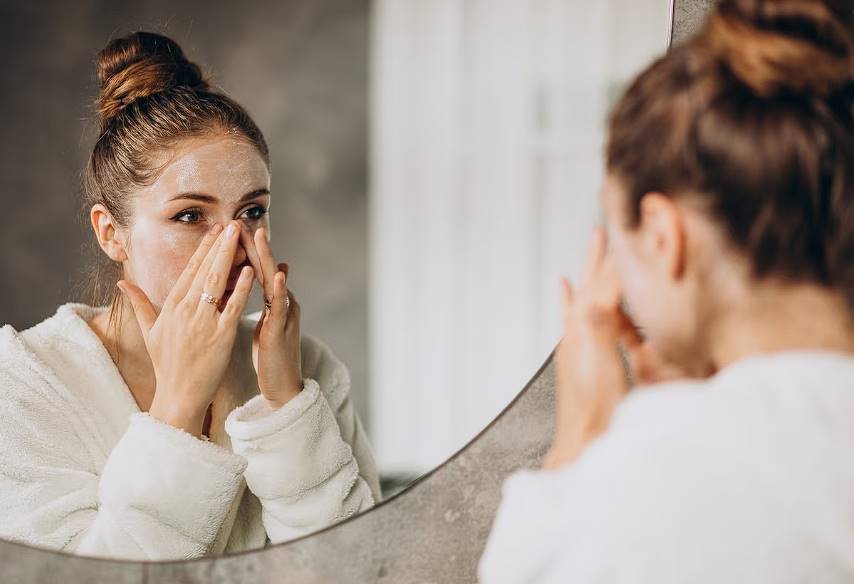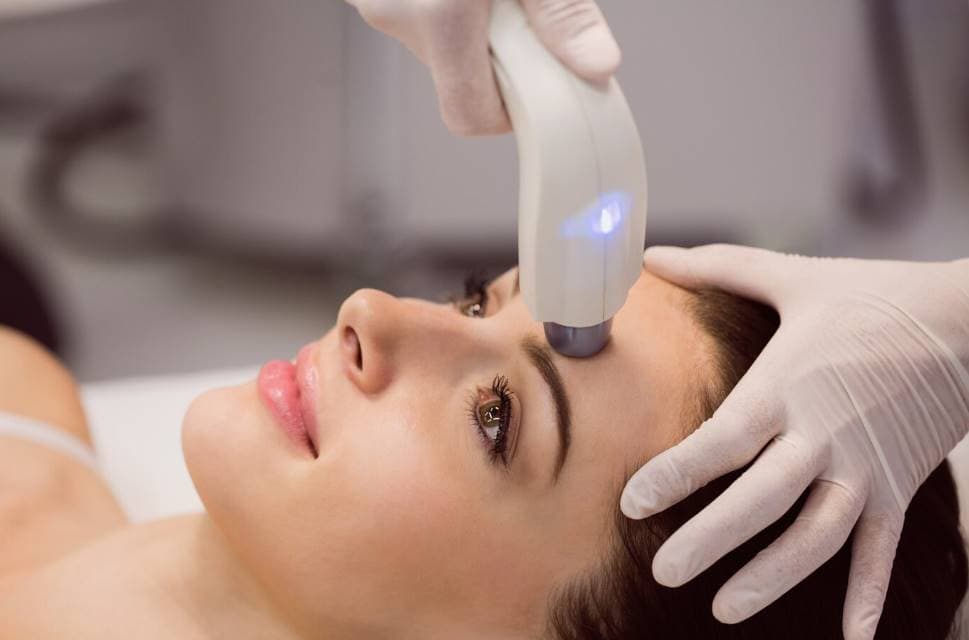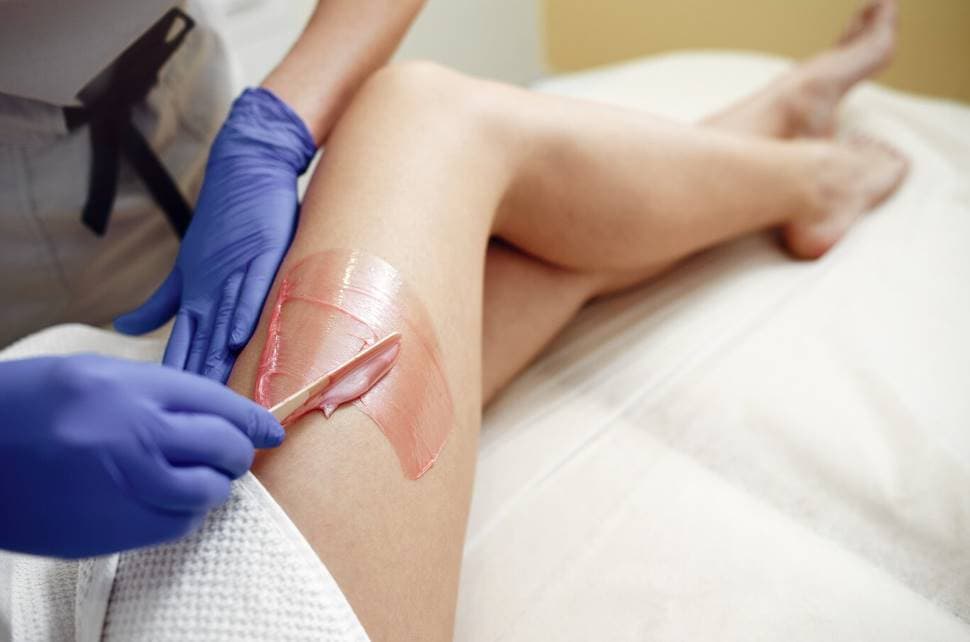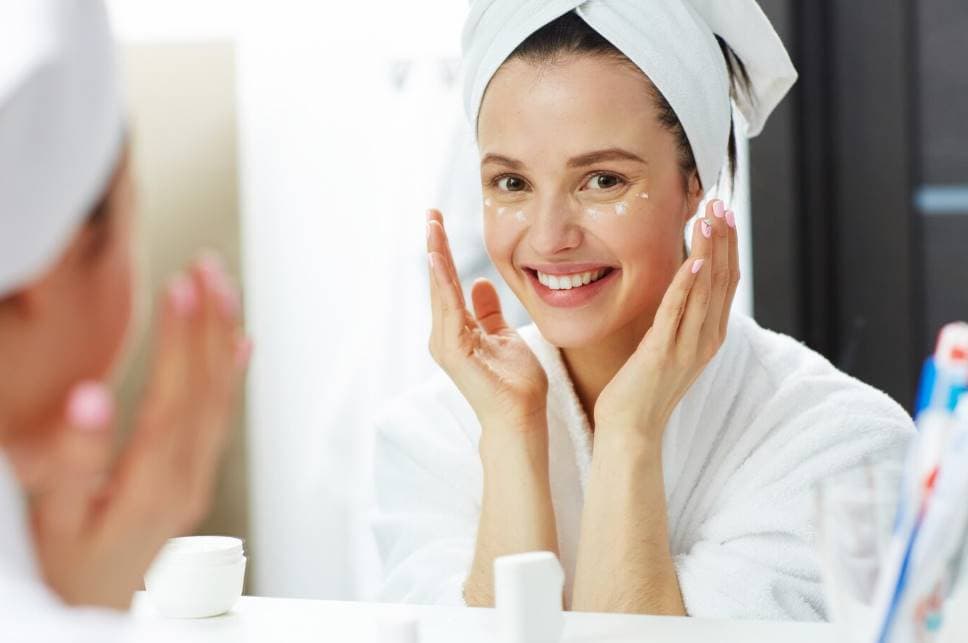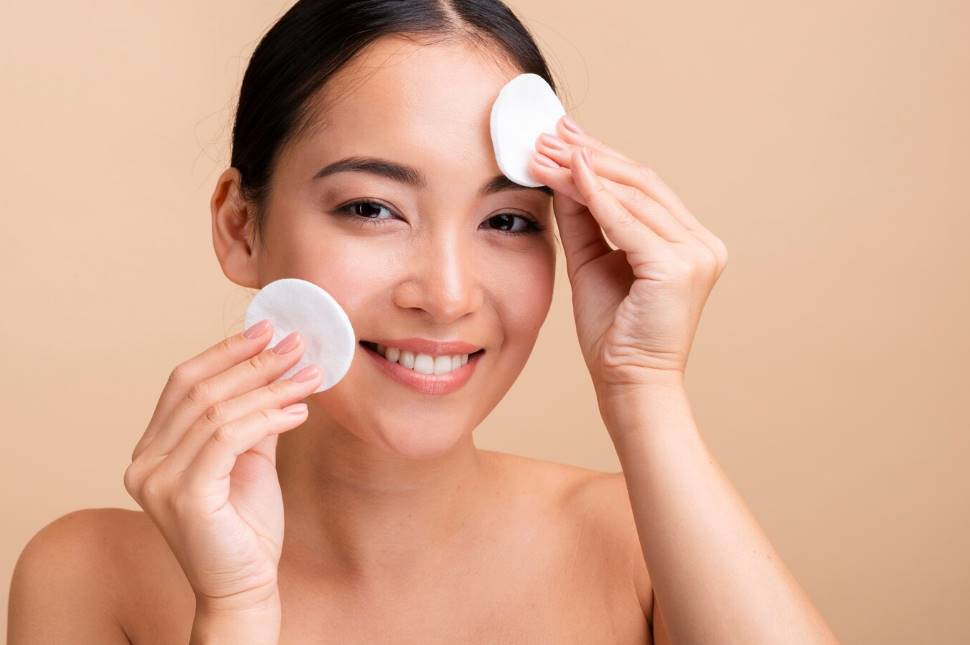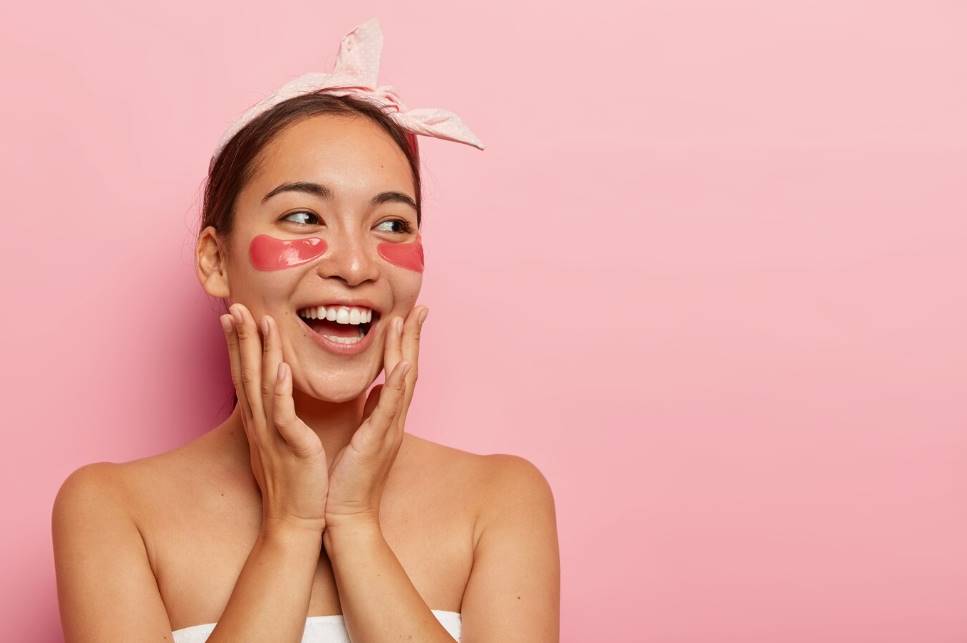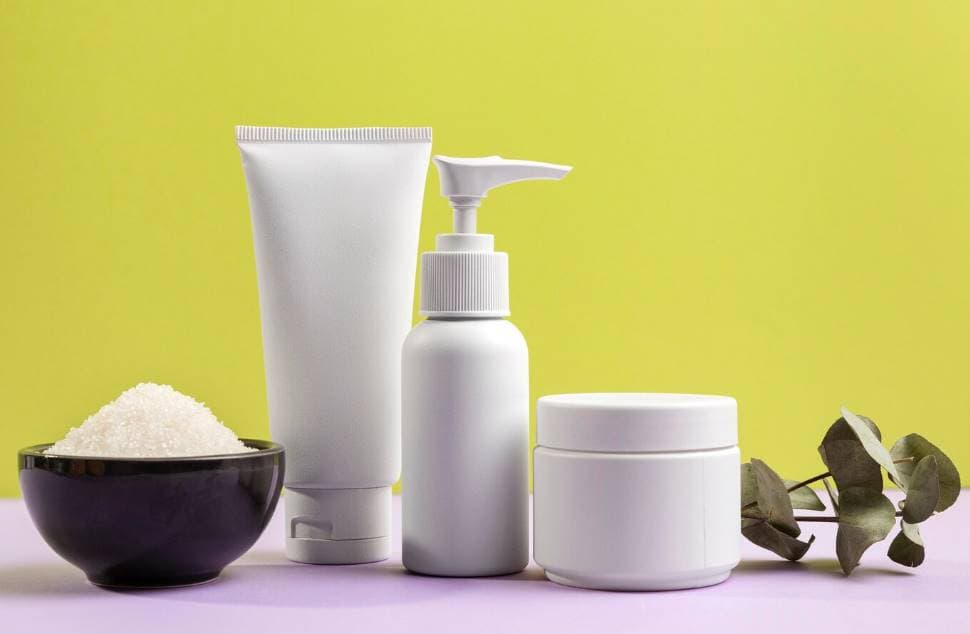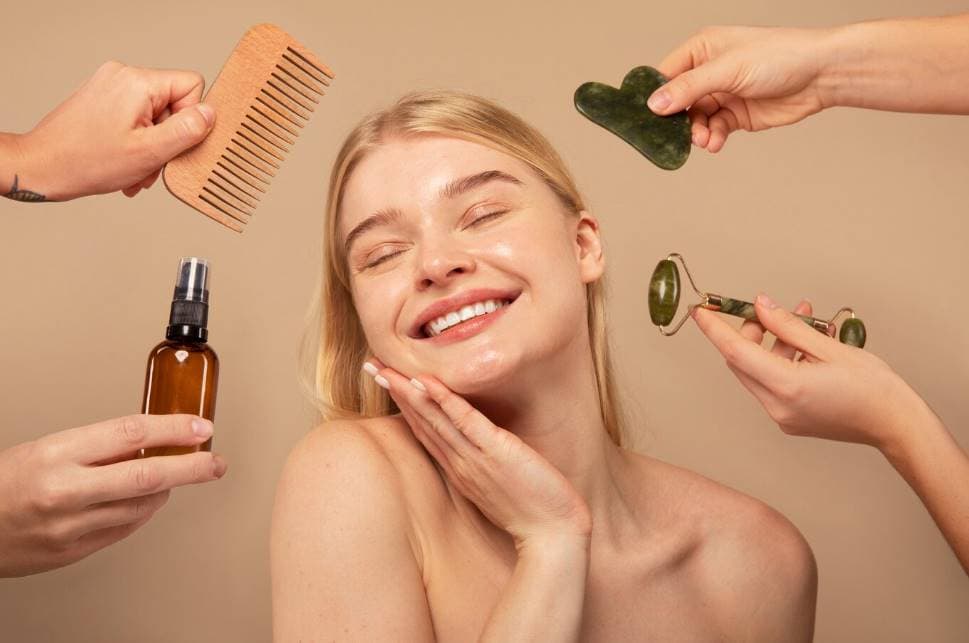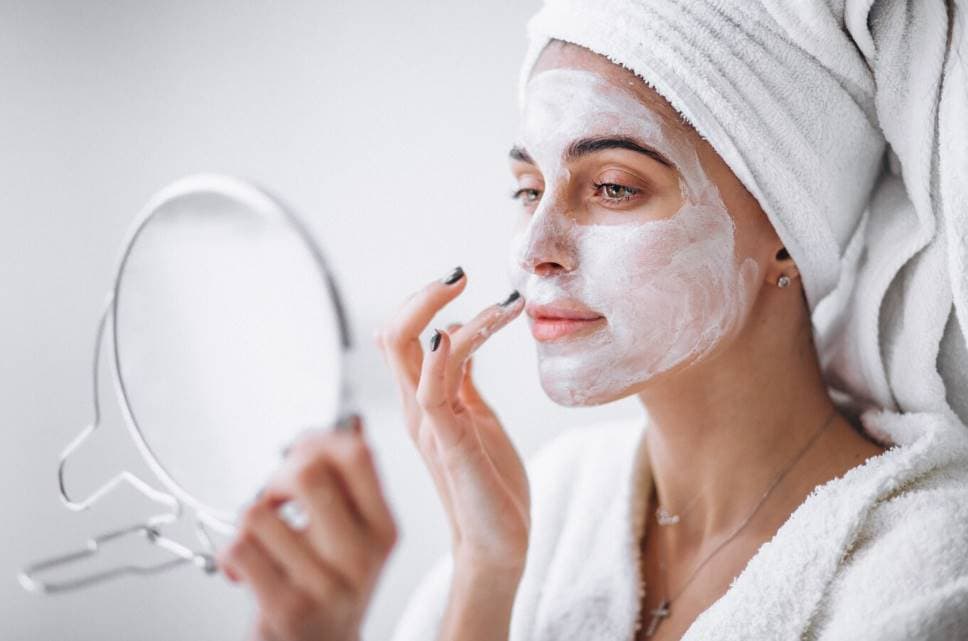As medicine and technology have progressed, cosmetic procedures have developed into potent weapons for bringing out one's inherent attractiveness and keeping one's youthful glow.
This article will delve into underlying ageing, the variety of cosmetic treatments currently on the market, their pros and cons, and different methods to age, if not delay, gracefully.
How Cosmetic Procedures Can Help You Age Beautifully
As in-office dermatological procedures have progressed, so have various injectable medicines accessible. To delay the onset of physical ageing and restore youthful vitality, we can customise a treatment plan with little to no impact on the patient's overall appearance.
Injectables can be broken down into neuromodulators, dermal fillers, and biostimulators.
Botox, Xeomin, Dysport, and Jeuveau are all examples of neuromodulators. Instant results are possible with dermal fillers like Restylane, Juvederm, and Radiesse. Results with bio-stimulators like Sculptra are slower in coming, but they are long-lasting.
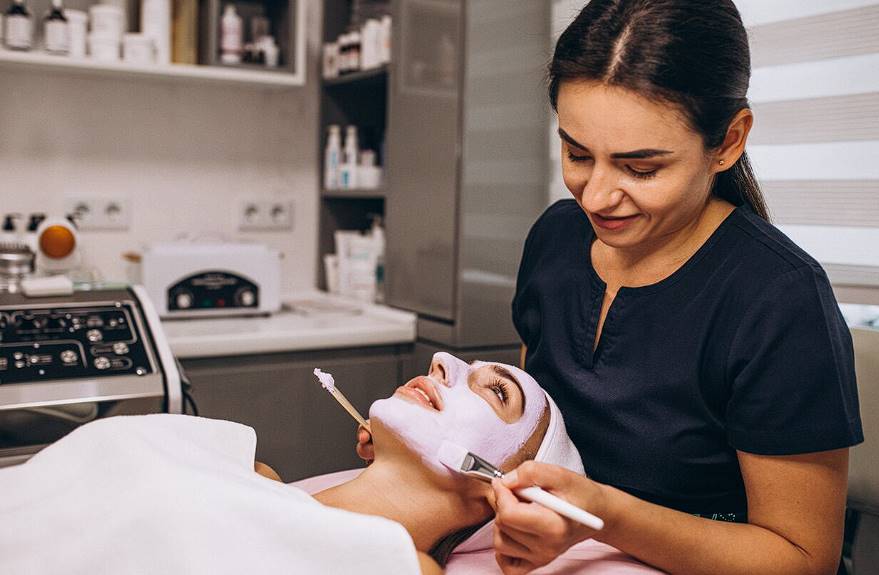
Neuromodulators
Purified proteins called neuromodulators are used to alleviate wrinkles caused by facial expressions. Neuromodulators are a popular cosmetic technique used to reduce the appearance of lines on the forehead and the area around the eyes (also called crow's feet).
Neuromodulators have a relatively short half-life (between 3 and 5 months). The method of injection, the amount administered, and the individual's protein metabolism all affect the final result.
Both sexes are more open to "preventative botox," in which neuromodulators are administered before expression lines fully form.
Dermal Fillers
When used with dermal fillers, neuromodulators can reduce the appearance of expression lines and restore elasticity to the skin.
The lips and the mid-face are usually the first areas to show signs of age in people in their late 20s and early 30s. Our cheeks and jowls sagging downward. Loss of skin elasticity and collagen causes nasolabial folds, deep lines around the nose and lips, smaller lips, and fine wrinkles.
Dermal fillers often contain hyaluronic acid, an FDA-approved substance. This is a major player among the many naturally occuring elements of our skin's underside.
Effective volume loss correction in the cheeks, lips, and jawline can be achieved with the help of HA fillers injected by a board-certified dermatologist. The results of HA fillers typically last between 6 and 18 months.
Biostimulation
Another injectable option, Sculptra (poly-L-lactic acid), takes weeks longer to show results than HA fillers. It is a desirable treatment option because it helps increase the production of collagen and other proteins in the extracellular matrix, which contributes to tissue volume. The effects often endure for around 24 months or longer, making them more durable than HA dermal fillers.
First, set reasonable expectations to age nicely with injectables. It's more practical to work with what nature gives you instead of fighting it or pretending to be someone else as you age. What may have worked for a celebrity or influential person may differ for you. Look for a dermatologist who fits your financial and expectation parameters and has credentials you can verify.
Which Anti-Aging Cosmetic Procedure Is Currently Available?
The most often used cosmetic treatments are chemical peels, lasers, and injectables.
Botox, other neuromodulators, and dermal fillers containing hyaluronic acid can smooth out wrinkles around the mouth, restore lost volume, and rebalance the face. There are additional aspects of your appearance that contribute to your advanced age. Sunspots, rough patches, and other signs of premature ageing on the skin's surface are easier to treat with lasers and other energy-based devices. IPL, sometimes known as a "photo-facial" treatment, is one of the most popular laser procedures. The use of IPLs results in improved skin brightness, tone, and texture. Radiofrequency skin tightening devices can cure fine lines and wrinkles around the eyes and rejuvenate the face and neck.
When Is the Right Time for a Cosmetic Procedure?
Skincare is a must, but cosmetic surgery is a treat. A person's budget and skin care needs will determine how often and regularly they should undergo cosmetic treatments. In the absence of financial restraints, most people would do well to maintain facial expression lines every quarter with neuromodulators like Botox.
When you're in your 30s or 40s, if you're noticing signs of volume loss, it's time to start using dermal fillers and biostimulation. They typically undergo routine upkeep once a year or twice a year. Between once every few months and once every few years, the frequency of beauty maintenance using lasers or related energy-based devices varies substantially.
This will be determined by your doctor's prescribed treatment and the specific demands of your skin. Because it is impossible to stop the ageing process, keeping a positive outlook on becoming older is crucial no matter what cosmetic technique you choose.
Using Skincare Properly to Age Gracefully.
The effects of skincare products on skin ageing have been studied extensively. Reversing or minimising cellular damage is where most anti-aging skincare effects can be found. Cellular damage is brought on by oxidative stress and sluggish repair and regeneration. Retinol, antioxidants, related retinoids, and growth factors are the current active components of topical anti-aging creams.
It's not enough to pick the correct skincare routine and stick to it daily; you'll also need to adjust as you age. For instance, a lady in her twenties would benefit from preventative skincare. A lady in her sixties, on the other hand, may want to use skincare to keep her collagen and volume from deteriorating.
The cumulative effects of sun exposure are the most important (and preventable) cause of skin ageing. The sun's ultraviolet B radiation causes DNA damage in skin cells. Time raises the chance of skin cancer from this damage.
Three types of skin squamous cell carcinoma, cancer—basal cell carcinoma and melanoma—are the most prevalent. In addition to causing oxidative stress in human cells, the UVA spectrum of sunshine directly causes DNA mutations. Telomere shortening is a prominent hallmark of UVA damage.
Skincare is effective, but it takes dedication to use the appropriate products regularly. Many people use creams briefly and then give up on them. A topical serum or lotion daily for eight weeks produces visible skin changes. That's how long it takes for a new layer of skin cells to form on top of an old one.
Why a Proper Skincare Regimen Is Necessary
SPF 30 or greater broad-spectrum sunscreen should be worn daily to prevent premature ageing. By responsibly protecting your skin from the sun, you can considerably reduce the rate at which you age. The skin of a person's belly is noticeably different from the skin on their hands and forearms in terms of texture, age spots, tone, and brightness.
Sun-exposed skin ages more quickly and develops wrinkles and uneven pigmentation than skin rarely exposed to sunlight. Wear a broad-brimmed hat, sun-protective clothes, and reapply sunscreen/sunblock every 1-2 hours outdoors.
Another crucial part of preventative skincare is moisturising. By drinking enough water, you're helping your skin keep its protective layer intact. That barrier guards against ageing caused by chemical and environmental stress.
Applying topical antioxidants to your skin is something to consider if you already use sunscreen and moisturiser. Those of you in your twenties should try alpha- or beta-hydroxy acids.
Identifying your skin type is essential when shopping for "anti-aging" skincare products. Find out as much as possible about the company's reliability that made the things you intend to buy. Do not unthinkingly follow the latest viral skincare trend. Consult a board-certified dermatologist to have a tailored skincare regimen designed just for your skin.
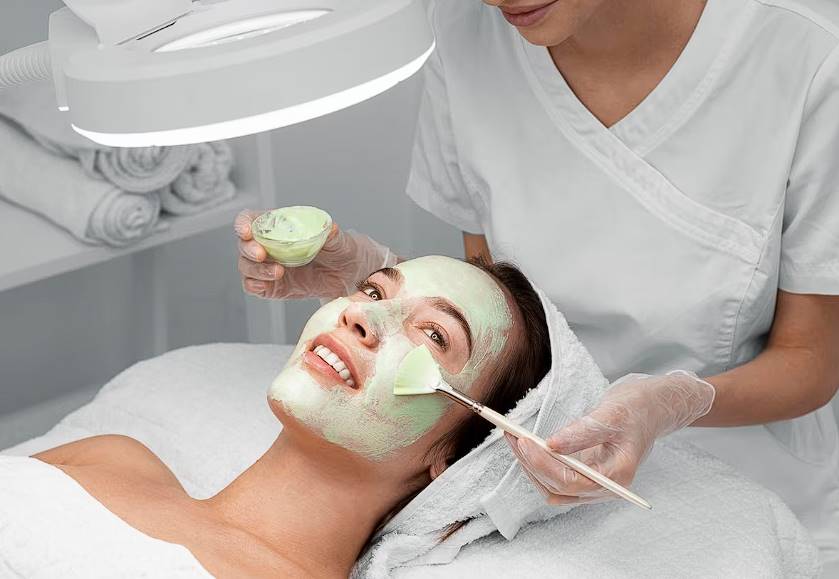
Methods for Delaying Skin Ageing
The sun is a major contributor to skin ageing that occurs before its time. There are other ways in which we can hasten the ageing of our skin. Dermatologists typically give their patients the following advice to assist them in delaying the onset of skin ageing.
Always Wear Sunscreen To Protect Your Skin From The Sun.
Wearing sunscreen is a must, whether at the beach or out and about. Wear lightweight clothes, SPF 30 sunscreen, and shade whenever feasible. Apply sunscreen daily on exposed skin. Look for the UPF mark to see how well protected you will be from the sun's rays.
Instead Of Getting A Tan, Try Using A Self-Tanner.
Getting a tan speeds up the ageing process of your skin. Tan outdoors, in a bed, or with any other indoor tanning apparatus. All of these sources of UV radiation hasten the ageing of your skin.
If You're A Smoker, Please Give Up The Habit Immediately.
The ageing process of the skin is substantially accelerated by smoking. It's the root of your dull, lifeless skin and wrinkles.
Don't Make The Same Expressions Over And Over.
The underlying muscles tighten whenever an expression is made. If the same muscles are continually contracted over a long period, permanent lines will form. Squinting causes lines around the eyes, although wearing sunglasses can help.
Keep Your Diet Balanced And Healthy.
A diet abundant in fresh fruits and vegetables may help prevent skin from ageing too quickly. Studies have shown that a high-sugar or refined carbohydrate diet can hasten ageing.
Drink Less Alcohol.
The drying effect of alcohol is real. It causes the skin to dry out and get damaged over time. The result may be an aged appearance.
Try To Work Out Six Days A Week At A Minimum.
Some research has found that regular moderate exercise is beneficial for the cardiovascular system and the immune system. As a result, this may make the skin look younger.
Be Gentle When You Wash Your Face.
Exfoliating too vigorously can cause skin irritation. Ageing skin is hastened by irritation. Washing gently helps get rid of dirt, grime, and makeup without irritating the skin.
Clean Your Face Twice A Day, And Anytime You Work Up A Good Sweat.
It's important to wash your skin as quickly as possible after you sweat, especially if you've been wearing a headgear or helmet that traps moisture.
Use A Facial Moisturiser Daily.
Moisturiser prevents moisture loss from the skin, making us look younger. Stop utilising irritating skin care products. A sign of skin irritation is a burning or stinging sensation. The aging effects of irritation on the skin are well documented.
Conclusion
In recent years, cosmetic operations have developed into highly effective anti-aging and youth-preserving therapies. In-office dermatological procedures have made injectable drugs, such as neuromodulators, dermal fillers, and biostimulators, which can help postpone the beginning of physical ageing and restore youthful vitality, available to patients. These medicines can be administered by a dermatologist.
Neuromodulators like Botox, Xeomin, Dysport, and Jeuveau are administered to the face in order to reduce the appearance of wrinkles brought on by facial expressions. Dermal fillers, such as Restylane, Juvederm, and Radiesse, produce results almost immediately, whereas biostimulators, such as Sculptra, produce results more gradually but that last far longer.
Botox and other neuromodulators are used to lessen the appearance of lines on the forehead and around the eyes, as well as to diminish the appearance of lines caused by facial expressions. Hyaluronic acid is a component that is commonly found in dermal fillers. This component is useful for correcting volume loss in the cheeks, lips, and jawline. In the same way that Sculptra does, biostimulation boosts collagen production as well as tissue volume production.
Chemical peels, laser treatments, and injectables are all examples of anti-aging cosmetic operations. These treatments can make wrinkles less noticeable, restore volume that has been lost, and equilibrium the face. Sunspots, rough patches, and other indicators of premature ageing are amenable to treatment with lasers and other energy-based devices.
When a person is ready for a cosmetic operation depends on their available funds as well as their requirements for skin maintenance. Dermal fillers and biostimulation are two treatments that can help address volume loss in people in their 30s and 40s.
The prescription of a physician and the needs of the patient's skin both play a role in determining how frequently beauty maintenance with lasers or energy-based devices should be performed. No matter what kind of cosmetic treatment one decides to pursue, it is absolutely necessary to keep a healthy attitude towards becoming older.
Skincare products are extremely important in the fight against skin ageing, as the most prevalent cause of this condition is damage to the skin's cells. Retinoids, antioxidants, and growth factors are all common components in topical anti-aging treatments.
However, as you become older, it is absolutely necessary to make adjustments to your skincare programme, as sun exposure is the single most important and avoidable cause of skin ageing. Skin that is infrequently exposed to sunlight is less likely to acquire wrinkles or uneven pigmentation, although it does age more quickly as a result of sun exposure.
A regular use of broad-spectrum sunscreen with an SPF of 30 or more, not acquiring a tan, and not smoking are all things you should do to prevent premature ageing. It is important to refrain from making the same facial expressions over and over again because doing so might lead to the development of permanent lines and wrinkles.
Drinking alcohol should be avoided, and you should make an effort to get at least 60 minutes of activity on most days of the week. When washing your face, take extra care not to overexfoliate, as this can lead to redness and irritation of the skin. If you wear a headpiece or helmet that traps moisture, you should clean your face twice a day and after you sweat.
This is very important. If you want to prevent moisture loss and look younger, you should moisturise your face every day. Avoid using skin care products that are irritating, as skin irritation can lead to premature ageing effects.
Content Summary
- Cosmetic surgeries and modern cosmetics technology help people look and feel their best.
- Methods for ageing gracefully and the advantages and downsides of anti-aging cosmetics are discussed.
- Injectable treatments tailored to each individual slow down the ageing process.
- Biostimulants, dermal fillers, and neuromodulators are all examples of injectables.
- Expression lines can be smoothed out with the help of neuromodulators like Botox.
- You can get rid of frown lines and crow's feet with a neuromodulator.
- The effectiveness of neuromodulators is affected by factors such as injection technique and metabolic rate.
- Neuromodulators are injected into the patient in "preventative Botox" before expression lines have fully formed.
- Skin elasticity can be restored with the use of dermal fillers and neuromodulators.
- Early indications of ageing can be seen in the lips and midface.
- Hyaluronic acid dermal fillers work to restore volume and smooth out wrinkles.
- Derms can inject HA fillers that last anywhere from 6 months to 18 months.
- Collagen production is stimulated by Sculptra's biostimulation.
- Sculptra's effects often endure for two years.
- To age gracefully with injectables, pick reasonable goals.
- Find a dermatologist who can deliver as promised.
- Peels, lasers, and injectables are all common forms of cosmetic treatment.
- Botox and dermal fillers can restore lost volume and smooth out wrinkles.
- Skin texture and tone can be improved with energy-based devices.
- Skin care is a great addition to any aesthetic operation.
- Retinol and other antioxidants are two examples of active substances that can repair damaged cells.
- As you become older, you should make adjustments to your skincare routine.
- The skin ages prematurely due to sun exposure.
- Sunscreen with an SPF of 30 or higher delays ageing.
- Skin's barrier function is preserved with regular moisturising.
- Combine the use of sunscreen with antioxidants.
- Care for your skin in a way that suits its age and kind.
- Consult a dermatologist instead of following internet beauty trends.
- Sunscreen is one way to keep your skin looking young for longer.
- Put on sunscreen daily, get some shade, and wear UPF clothing.
- Tanning speeds up the ageing process and should be avoided.
- Stop smoking now to avoid premature ageing and lacklustre skin.
- Lines on the face are permanent because of repeated facial expressions.
- A healthy, fruit- and vegetable-filled diet can delay the ageing process.
- To avoid skin dryness, cut back on alcohol consumption.
- Exercising regularly has been linked to healthier looking skin.
- Skin irritation can be avoided with gentle face cleansing.
- Remove your headwear and shower after working up a sweat.
- Using a face moisturiser daily helps prevent dry skin.
- Keep your skin from showing signs of age by avoiding products that cause irritation.
Frequently Asked Questions
Cosmetic treatments can be tailored to different age groups. Some treatments, like preventive Botox, may be started earlier to delay the onset of wrinkles, while others might be more suitable for addressing signs of ageing in older individuals.
While most treatments are considered safe, there are potential risks such as bruising, swelling, allergic reactions, and rare complications. It's essential to choose a qualified and experienced provider to minimise risks.
Many cosmetic treatments can improve skin health by promoting collagen production and addressing issues like uneven tone, texture, and pigmentation.
Yes, skilled practitioners can achieve natural-looking results by enhancing individual features and maintaining facial harmony rather than creating an overly "done" appearance.
Start by consulting with a qualified cosmetic professional. Discuss your goals and concerns openly and together, and you can create a customised treatment plan that aligns with your desire to age gracefully while preserving your unique beauty.
